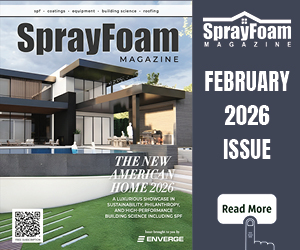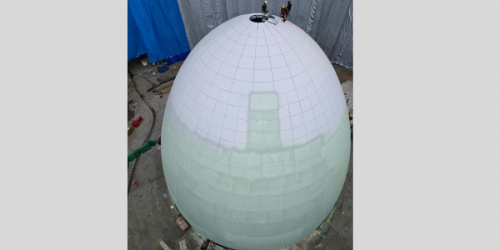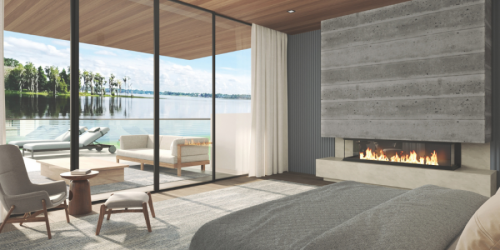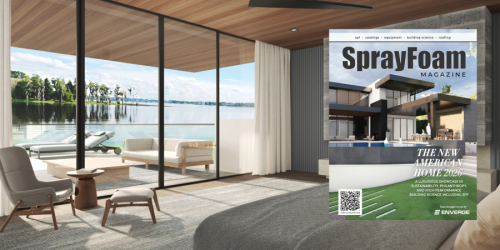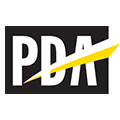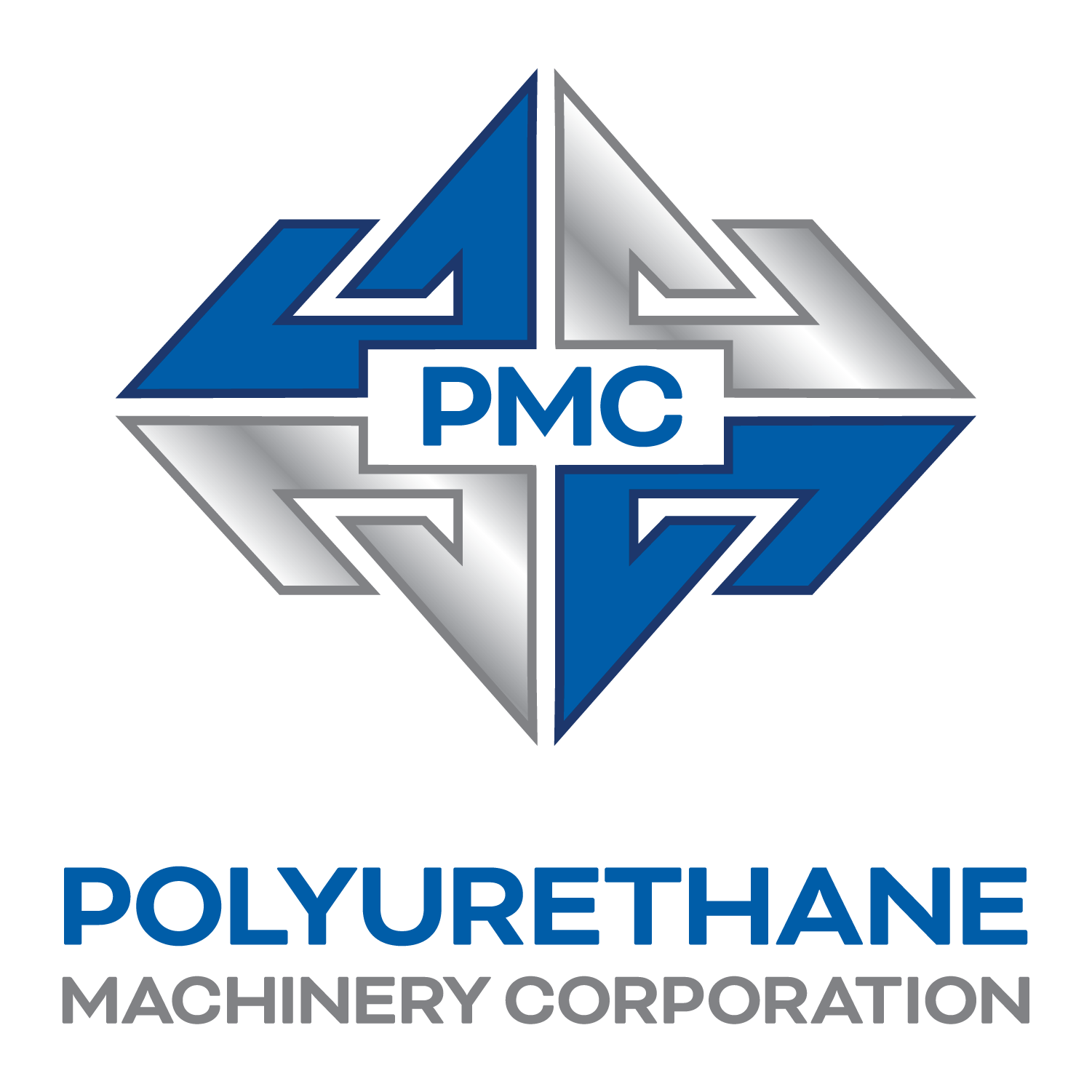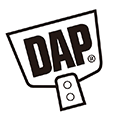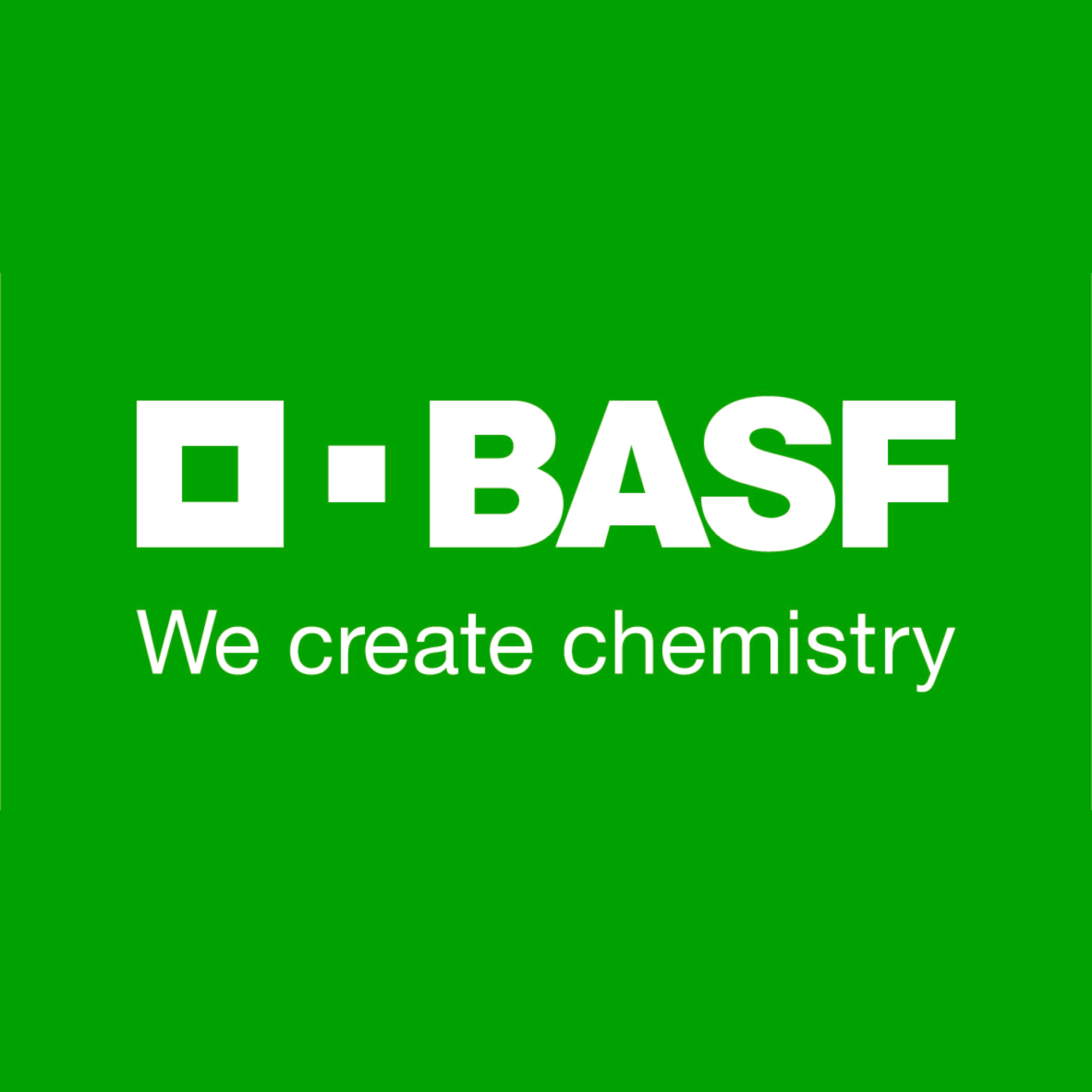Q&A Forums
What is meant by the term conditioned attic? Post New Topic | Post Reply
| Author | Comments |
|---|---|
|
Gerry Wagoner
Posted: Aug 24, 2007 04:21 PM
|
What is meant by the term conditioned attic?
Mason, recent changes to the ICC code include non-vented attics as a viable building option for insulators/homeowners.A notoriously picky county east of Dayton Ohio is fighting us on a completed remodel w/unvented attic. For instance, today I received an email from the chief Building Inspector, wherein he stated that a "conditioned attic" has to have mechanical hvac in order to be "conditioned". He's stuck on the term conditioned, evidently. Is it possible that we have created this confusion by referring to unvented attics as "conditioned?" Is it the intent of the ICC that unvented attics be conditioned mechanically? I think not. I believe that their usage of the term "conditioned attic" refers to an attic that is passively conditioned - thus distinct from a vented attic that follows ambient temperatures. What do you know about this, and what can I tell the inspector? (ICC won't talk with me unless I am a member). Thanks in advance, Gerry C. Wagoner |
|
mason
Posted: Aug 25, 2007 12:01 PM
|
The building official is correct, a conditoned attic has air from the interior of the building vented into the attic. A conditioned attic requires a thermal barrier. At the ICC code hearings in April, 2007, the termimology was changed to refer to this space as an unvented attic and not a conditioned attic space. The unvented attic allows enough air to naturally infiltrate into the attic (without vents) so that it typically is within 7-8 degrees F of the interior temperature. That is why building scientists referred to this design as a conditoned attic. But, the term should be unvented and explain to your customers how this provides a greater degree of comfort and saves energy. |
|
Gerry Wagoner
Posted: Aug 25, 2007 11:07 PM
|
Gracias. oG |
|
Scott Snyder
Posted: Aug 26, 2007 01:21 PM
|
Not meaning to hijack the thread, but even though the unvented attic does not require a Thermal barrier, it still must have an Ignition barrier? That is my understanding per the SPFA publication on thermal barriers, Stock number AY126. Mason, please advise if this requirement has changed in any way also. |
|
mason
Posted: Aug 28, 2007 08:33 AM
|
Texas Cooler, Yes, an ignition barrier is required in attics and crawl spaces where access is for service of utilities. However, there is an attic and crawl space test SWRI -99-02, that the ICC Evaluation Services has accepted to qualify assemblies and systems that do not contain a code identified ignition barrier. Using this test procedure some SPF suppliers have obtaine evaluation reports from ICC-ES that allow the use of their sprayfoam with specific intumescent coatings in specific applications or even bare foam in some applications. There is some controversy of this test procedure. Many in the industry (including myself) believe the pass/fail criteria is too low a bar to jump over. The reason is they use a kraft faced fiberglass batt as the covering over the foam as the control ignition barrier. But kraft face fiberglass is not listed as a code accepted ignition barrier and burns very rapidly. So it doesn't take much to perform better than this control. While I believe the intumescent coatings probably are effective as an ignition barrier, I am not so sure that bare foam is safe in the conditions being allowed now. The SPFA Technical and Building Envelope Committee will be reviewing this procedure at their next meeting in September with a goal to make a recommendation to the ICC ES. Hope this helps. |
|
Scott Snyder
Posted: Aug 28, 2007 09:22 AM
|
Thank you for the in-depth reply. SPF is growing rapidly in my area and ignition/thermal barriers are rarely installed in unvented attic assemblies. My concern is a fire where a finger, warranted or not, is pointed at SPF in general for promoting or aggravating the blaze. I try and educate prospective customers on the importance of proper fire protection; I can't speak for the insurance industry in general but think they would frown on insulation installed contrary to the code and possibly deny a claim. |
|
mason
Posted: Aug 28, 2007 01:39 PM
|
That is the concern from us "dinosaurs" in the industry. The SPF insulation business was severely curtailed by a series of "flash" fires involving exposed sprayfoam in buildings in the mid 70s. Regardless of the relative fire properties of other building materials such as wood, sprayfoam has a "reputation" in the construction industry as being extremely flammable if not covered. If a fire is started in an attic and there is no ignition barrier, our concern is that the foam will be perceived as contributing to the extent of the fire and the whole industry gets blamed. |




